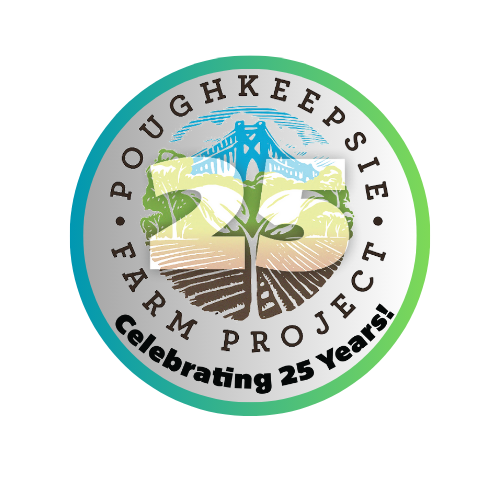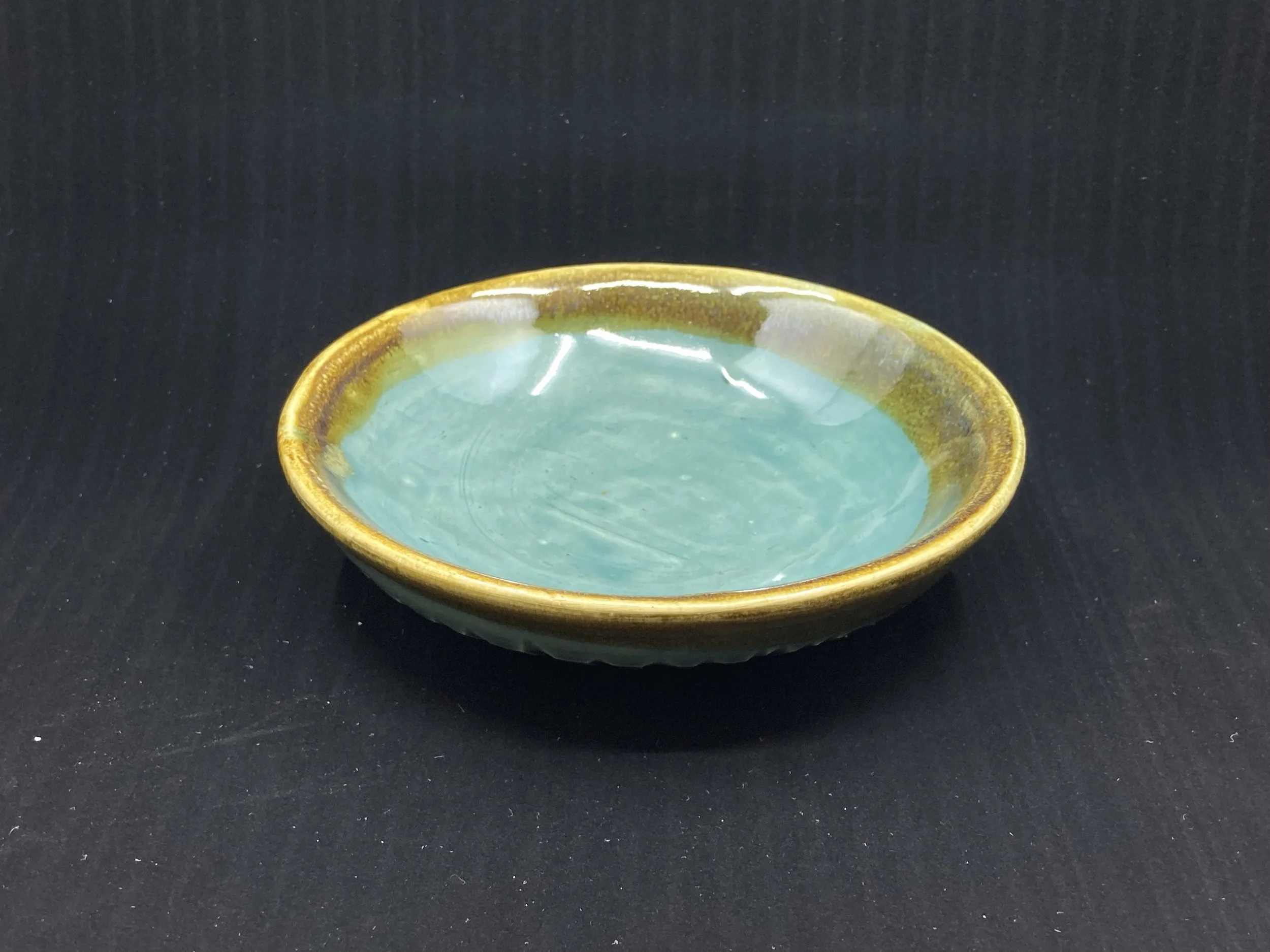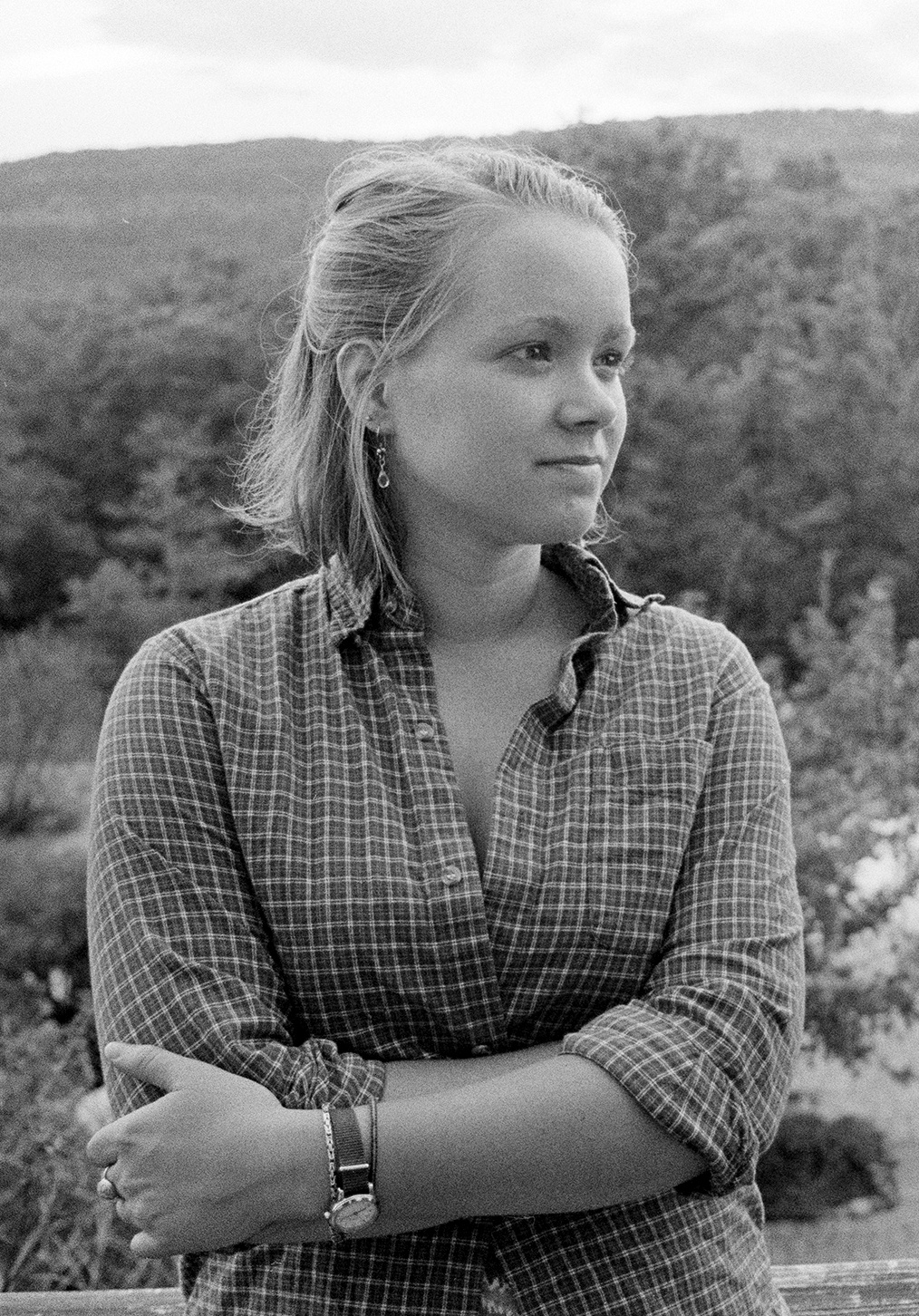Newsletter Archive Highlight - By Angela DeFelice
How did you get interested in farming? is one of the most frequent questions I hear from members as we weed carrots or harvest beets. The easy answer – it started with my interest in learning how to grow my own food. Which I still believe it is a critical skill that we are losing as a country. In addition, it began while living abroad, where I learned first hand how unjust the global food system is and that many of the injustices are rooted in U.S. foreign and agriculture policy. I wanted to change the food system.
The harder answer to explain to members is -- community. While living in Nicaragua I was witness to and felt part of a very strong community, something that I hadn’t experienced since I left the tight knit neighborhood that I grew up in. The more people that I spoke to and the more I read I became aware of how critical the issue of community – or lack thereof – is in the U.S. I also came to realize that agriculture can be a key element in building positive and healthy communities. So that was it, my tipping point. By being a farmer I could grow food to feed people, change the food system, and rebuild community here in the U.S.
In my second year at the PFP it has become even more clear that small scale sustainable agriculture can build a sense of community. Healthy and delicious food inspires us to cook together and to share meals together. Although obvious, this is not to be taken lightly! It is relationship building time, story time, and learning time -- connection time. Parents and children, couples, neighbors, sisters, teachers and students, friends – can come together to cook, share, and feast.
There is also an intergenerational community of farmers that the farm managers and apprentices at the PFP are part of. We observe, we learn, we share, we support each other. Personally, the farming community has allowed me to move from coast to coast and still find people that I know and connect with. They are folks that understand the rhythm of the season and the effect that is has on one’s body, life and livelihood. Farmers also share equipment, offer unused seedlings to each other and to local gardeners, and lend a hand on each others farms when large projects arise. This is community. Farming is not just a job, but for most, it is a way of life.
The PFP and its members have a particular and maybe more intentional role in building community. The PFP promotes member and community involvement in the fields where strangers or families transplant lettuce side by side. The Pick-Your-Own fields are where members of all ages harvest, taste fruit right off the plant, watch dragonflies, and enjoy being in a shared space together. There are member potlucks, gardens to volunteer in, and committees and events where people get involved. Every year members of the farm open their homes to apprentices who need a place to live for the season. Local farmers, shoppers and previous CSA members come together every week at the PFP managed farmer’s market, sharing recipes, stories about the recent storms, and what their plans are for the weekend– in short, building relationships. Through the Food Share Program hundreds of people in Poughkeepsie have access to fresh, healthy vegetables that they otherwise would not. Countless groups of youth come to the PFP to experience the farm, learn, and even volunteer in the fields.
The farm has become the physical location where we gather as well as the reason we come together. It has become a place and a way to acknowledge and build on shared values. When I started farming I envisioned my own farm being just that… and I still do.
This article first appeared in Harvest Line September 2011. Visit our Newsletter Archive for more great articles.


























![1[1].png](https://images.squarespace-cdn.com/content/v1/54d92326e4b013db7f629918/1427825469714-QQRASYRIRYRE50P3LFDG/1%5B1%5D.png)







